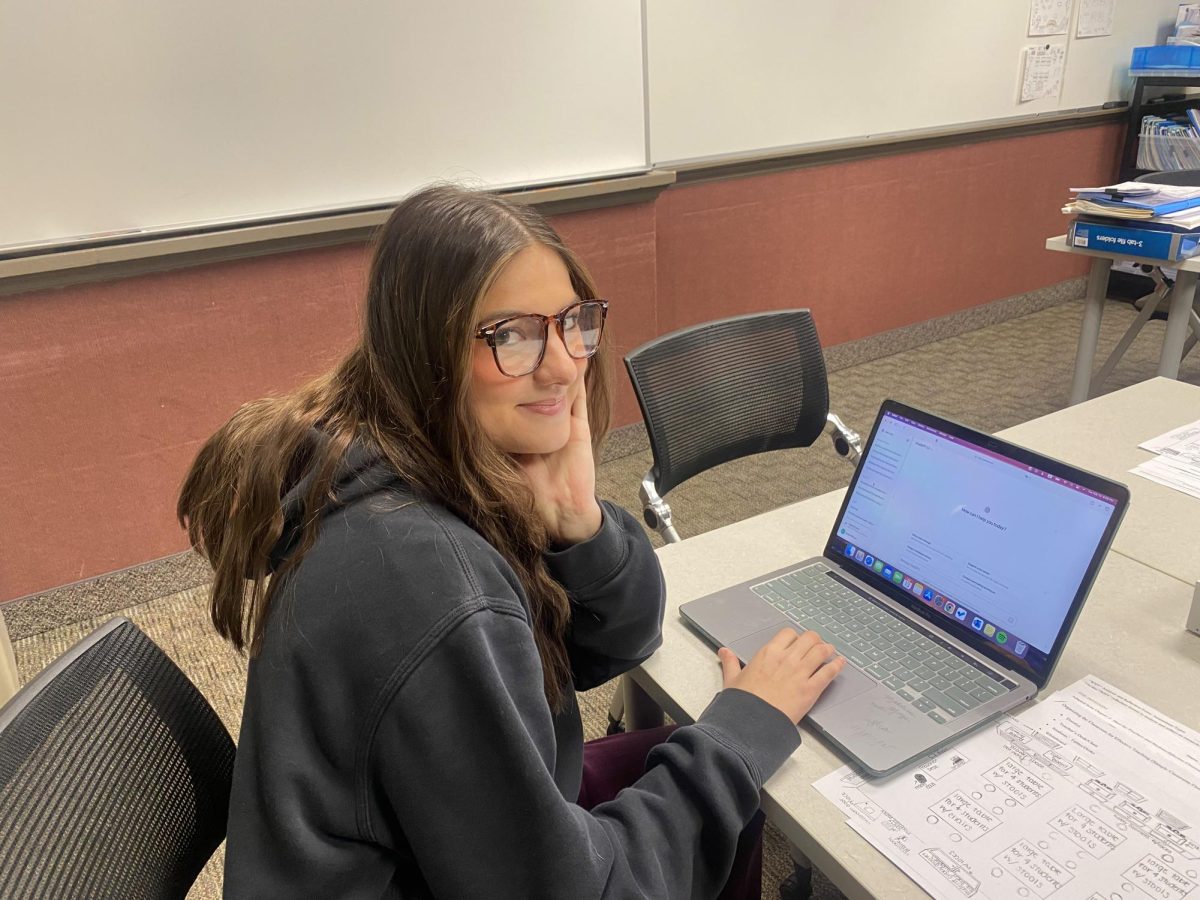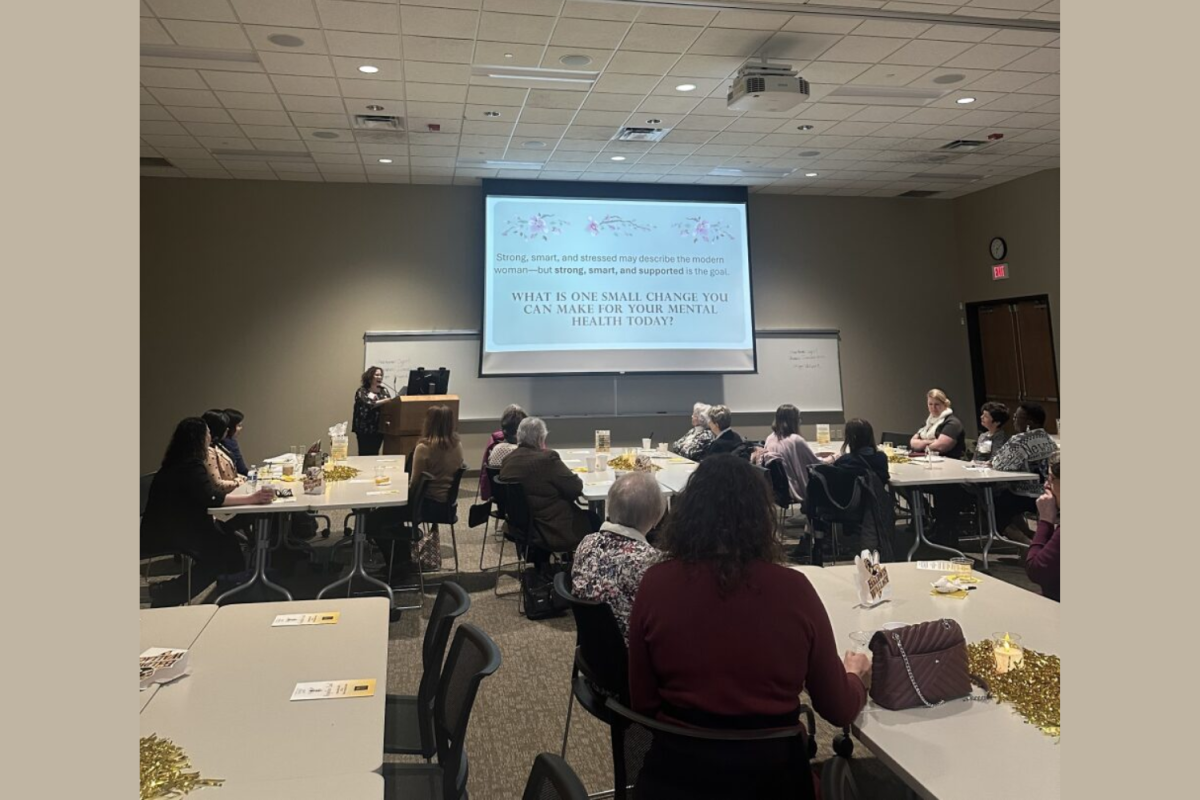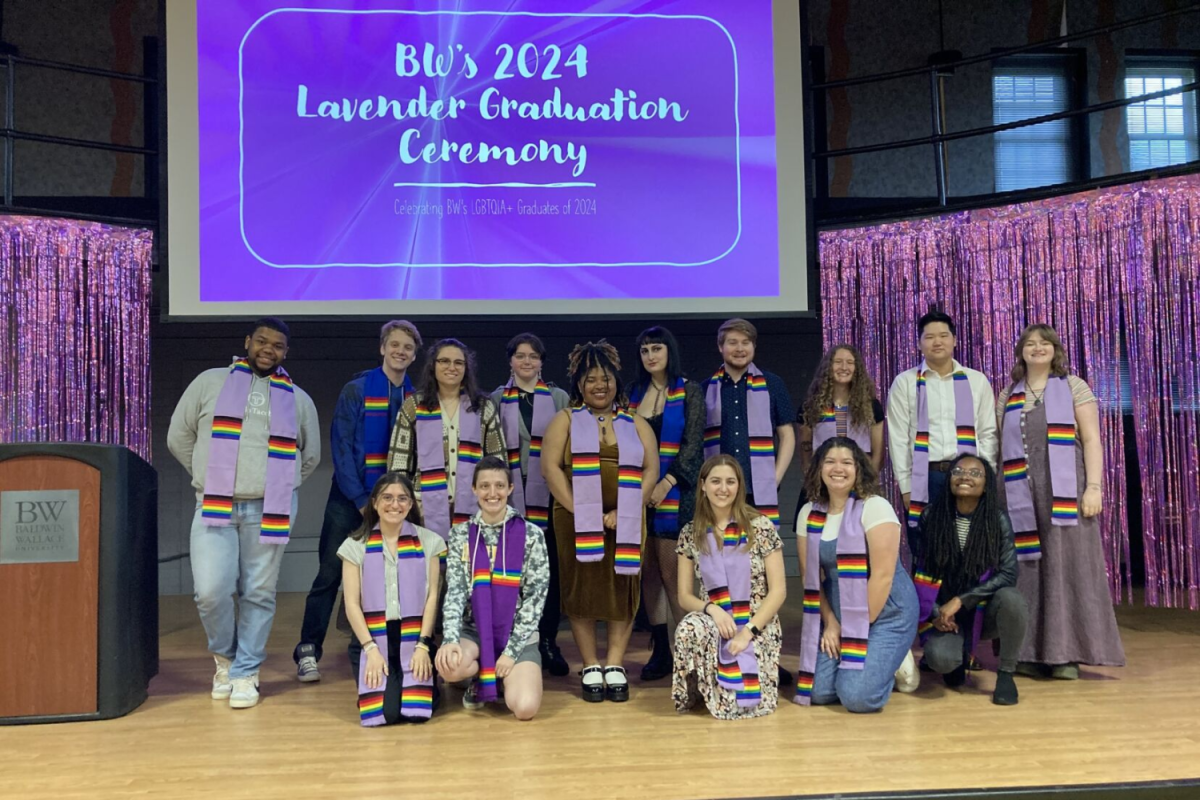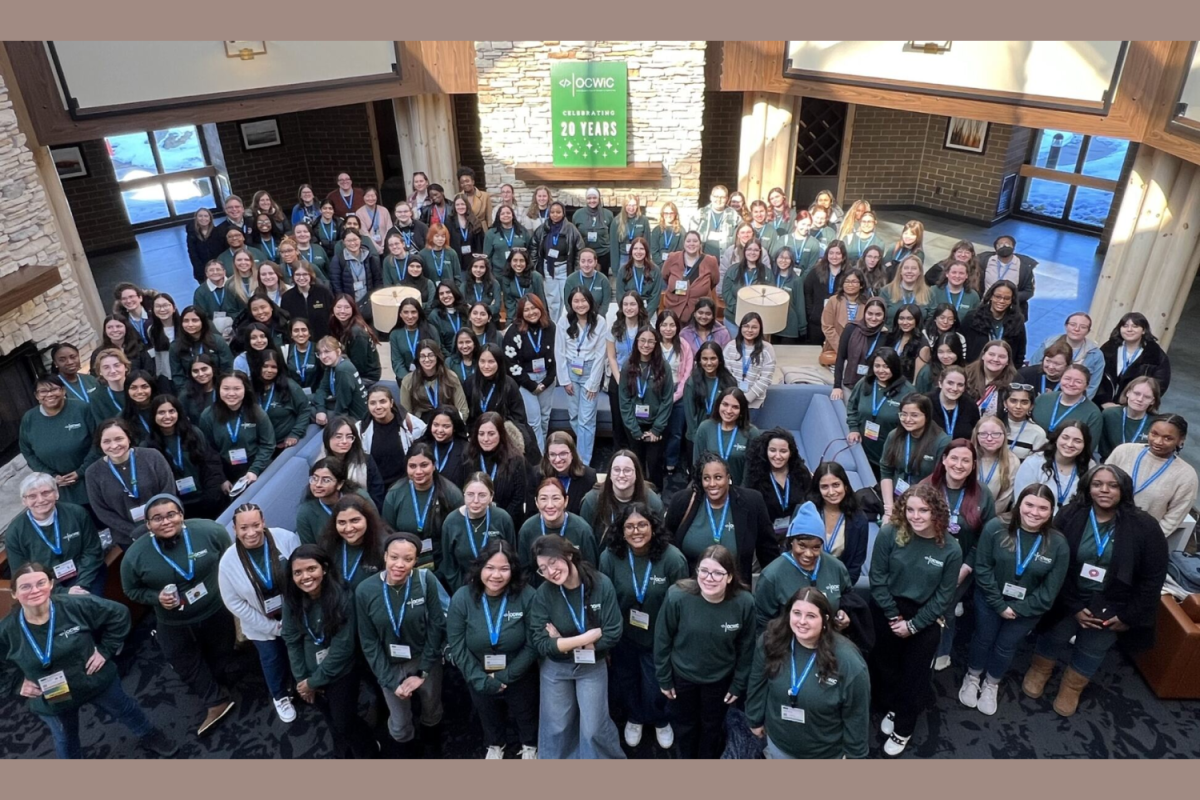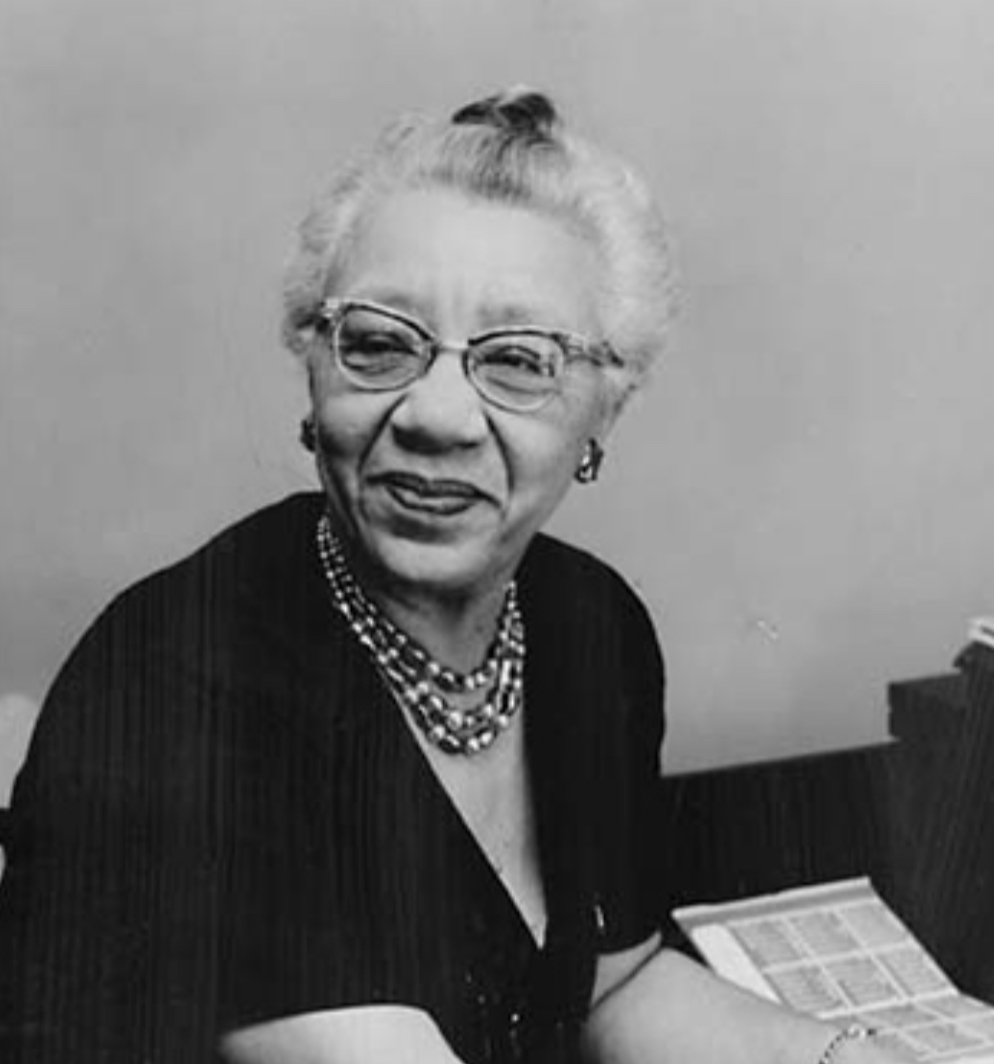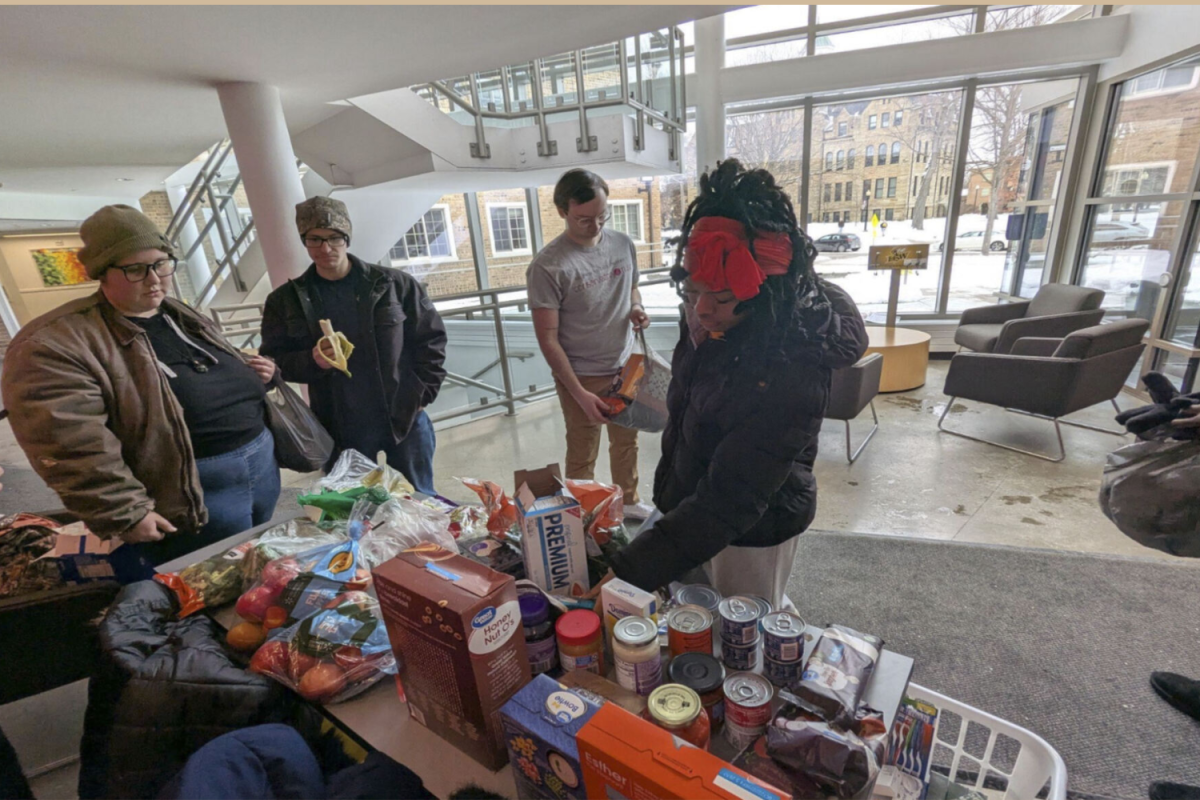As platforms like ChatGPT are becoming more efficient as educational tools, a visiting assistant professor in the School of Business, Suresh Paul, wants to see more artificial intelligence literacy taught in Baldwin Wallace University classrooms.
Paul, a data analytics specialist and programmer by trade, has been working with AI since 2017 and founded his own company, Algorithm Basics LLC, in 2021. The company runs AI models for small businesses.
Paul said that through his experience, he is seeing a disconnect between the teaching methods in the classrooms and what is needed in the workforce when it comes to AI training and literacy.
“The way computing skills are a job requisite, AI is going to become a requisite, so every class needs to use AI, and teachers must basically guide students the right way to use it,” Paul said.
The next two years will host the introduction of custom ChatGPT models, which will be more personalized and “tailored to students’ needs,” said Paul.
These models will function professionally and provide services to students, such as developing a study plan based on given course data.
Sasha Marzev, a current student in Paul’s microeconomics course, works with AI in his classroom.
“It’s like a virtual tutor, but more accessible,” Marzev said. “It caters to your educational needs and builds upon your own questions and answers.”
For his economics courses, Paul said he encourages his students to use AI as a formula sheet to save time on assignments.
“There are a lot of formulas in economics, and I don’t believe in them memorizing any of them,” Paul said. “AI will give answers, their job is to interpret the answers, and that’s it.”
Marzev said these economics classes are heavy in case studies and long word problems and that without AI, her homework would take up to half an hour longer.
“If we’re having trouble understanding a word problem, we can plug it into ChatGPT to simplify,” Marzev said. “It helps me get through the assignment step-by-step, so I don’t waste time trying to understand it.”
However, Paul did address the limitations of AI.
“You have to always take it with a grain of salt,” Paul said. “If you ask it something outside its database, it will not know the answer, but it doesn’t have the humility to say ‘no, I don’t know the answer,’ so it’s going to make stuff up.”
Last Edited Feb. 28






























